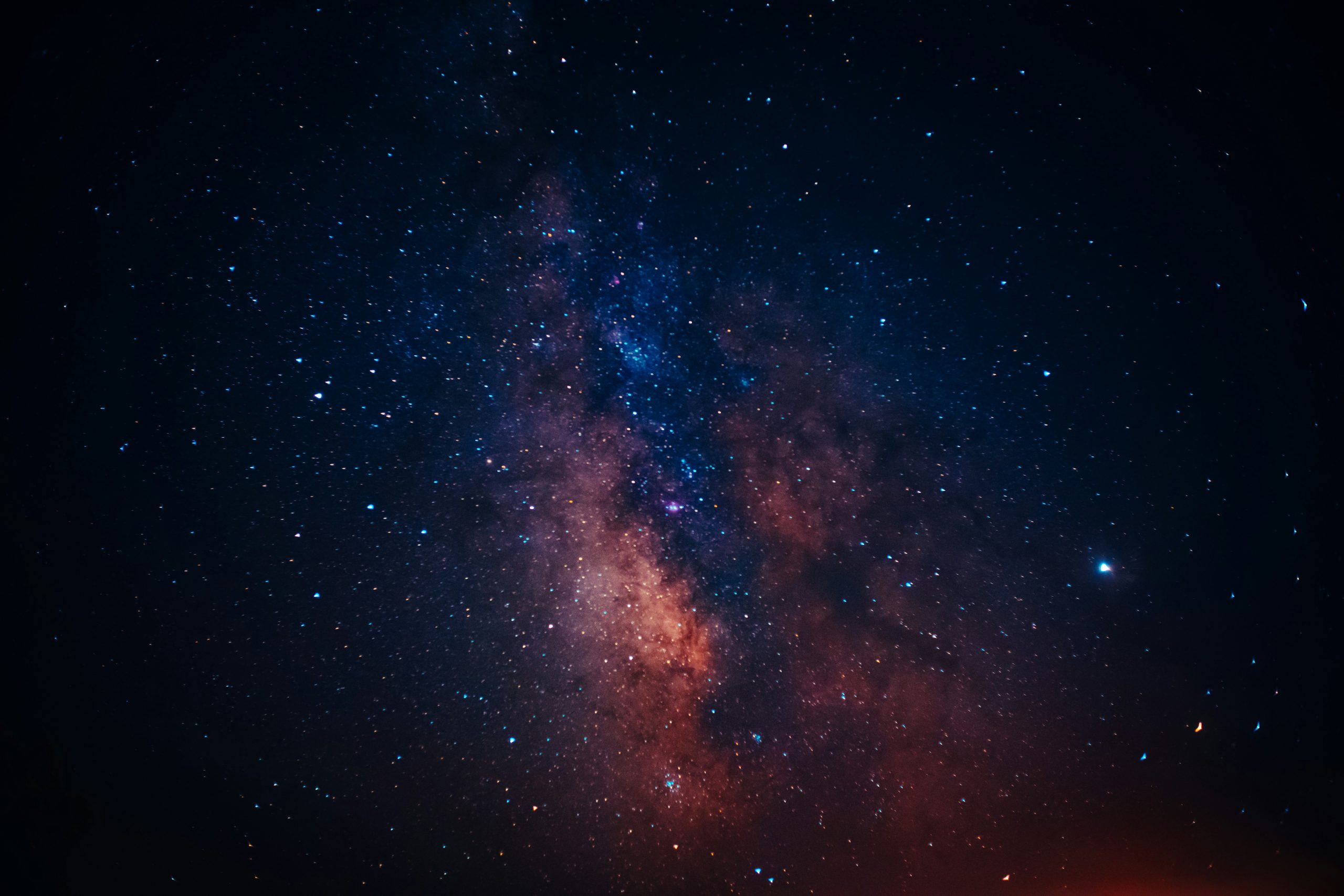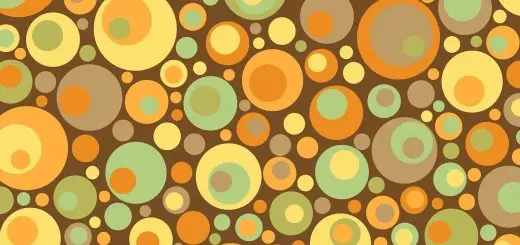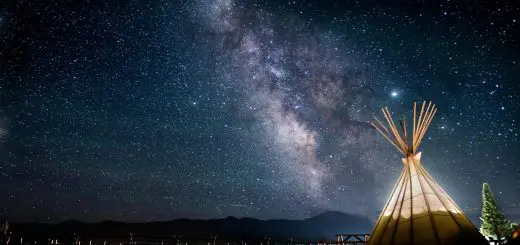Is the Witching Hour Truly Dangerous?

Looking for more amazing products? Check out our online store and explore our collection here! Happy shopping!
Before diving in, please note: This post is for informational purposes only. If you’d like to know more about how we approach topics, feel free to check out our friendly Disclaimer Page.
Hey there, amazing readers! 
We’re committed to delivering quality posts, and your support (even just sticking around despite the ads) means everything to us. So, bear with us, and thanks for helping us keep the good vibes rolling. Now, on to the fun stuff!
TRANSLATE BUTTON AT THE END OF THE ARTICLE
A Quick Overview
The witching hour, often romantically shrouded in mystery and fear, refers to that eerie time bracket between midnight and 3 a.m.
Many people claim that it’s a prime time for supernatural activities.
Is it dangerous, or is this just a product of folklore?
In this article, we will dive deep into the origins, cultural beliefs, psychological effects, and even some fun rituals associated with the witching hour.
If you’re intrigued by the unknown, you’ll find this exploration both enlightening and entertaining!
Is the Witching Hour Truly Dangerous?
The question of whether the witching hour is dangerous has been debated for centuries.
Some might say it’s a time when the veil between our world and the supernatural thins, making us vulnerable to malevolent spirits.
Others argue that it’s just a figment of our imagination, a way for our minds to play tricks on us when darkness envelops the night.
So, is there a real danger?
In a physical sense, the witching hour is just another time on the clock.
However, let’s not underestimate the power of fear.
Our minds can conjure threats that don’t exist.
Whether it’s an overactive imagination or some folklore-induced anxiety, many people feel on edge during these late-night hours.
The modern world has made us more aware of the dangers that lurk in the dark.
I once read a chilling story about a family who heard strange noises every night at 3 a.m.
After weeks of sleepless nights, they finally discovered it was just a raccoon rummaging through their garbage.
Sometimes, fear can amplify the mundane into something sinister.
In summary, while the witching hour itself may not inherently be dangerous, the fear and anxiety it evokes can lead to a heightened sense of vulnerability.
Understanding the Myth: What Is the Witching Hour?
The term "witching hour" conjures images of dark rituals, ghostly apparitions, and eerie silence.
Traditionally, this phrase refers to the time when witches and other supernatural beings were believed to be most powerful.
Many people describe it as a period of heightened spiritual activity and mysterious occurrences.
But what exactly are we talking about when we say "witching hour"?
It generally falls between midnight and 3 a.m.
During this time, folklore suggests that the world transforms into a playground for spirits and phantoms.
Some people believe that this time is particularly dangerous because it is thought to be when evil forces are at their peak.
Interestingly, the witching hour varies across cultures.
In some traditions, it’s more closely associated with midnight, while in others, it may differ slightly.
The common thread, though, remains the idea that this hour is steeped in magic—nefarious or otherwise.
I remember reading about a tale from my grandmother.
She swore that during the witching hour, she could hear whispers calling her name.
It’s a classic case of folklore woven into family narratives.
For many, these stories fuel the fascination and fear surrounding this time, making the witching hour a curious blend of myth and reality.
Historical Roots: Where Did the Witching Hour Begin?
The origins of the witching hour can be traced back to various historical beliefs surrounding witchcraft and the supernatural.
In medieval Europe, this term emerged when societal fears about witches were at their peak.
The witch hunts were rampant, and people believed that witches performed their most potent spells at night, particularly at midnight.
One of the oldest mentions of the witching hour is found in the writings of the Church.
They warned against the dangers of witchcraft, stating that evil spirits roamed freely during these dark hours.
It was a time when the faithful were encouraged to pray and protect themselves from malevolent forces.
Many scholars point out that the term also ties back to agricultural practices.
Farmers, who often worked at the crack of dawn, noticed that strange noises and occurrences happened around midnight.
They attributed these happenings to supernatural forces.
It’s fascinating how fear can shape our understanding of the natural world.
In more recent history, literature and media further popularized the term.
From Shakespeare’s plays to modern horror films, the witching hour became a staple setting for ghostly encounters and dark deeds.
Ultimately, the witching hour finds its roots in a combination of societal fears, historical events, and cultural narratives.
It’s a blend of history and superstition that continues to evolve.
The Science Behind the Witching Hour Phenomenon
While the witching hour may be richly steeped in myth, there’s also a scientific background to consider.
Our bodies undergo various changes during the night, affecting our mental state and perceptions.
For starters, melatonin production peaks in the dark.
This hormone regulates our sleep-wake cycle and can lead to vivid dreams or even nightmares.
Our heightened emotional state can make us more susceptible to fear and anxiety during these hours.
Additionally, our brain functions change at night.
We enter deeper stages of sleep, which can lead to sleep paralysis or hallucinations.
It’s interesting how science offers explanations for experiences often attributed to the supernatural.
Let’s not forget the role of environmental factors.
The quietness of the night can amplify sounds, making them seem more ominous than they are.
A creaking floorboard or a distant car horn can become a source of dread, especially if you’re already on edge.
I recall a night when I experienced sleep paralysis for the first time.
I woke up unable to move, feeling a heavy weight on my chest.
I swore I saw a shadowy figure in the corner of my room.
After doing some research, I learned that sleep paralysis can be quite common and is often linked to stress and irregular sleep patterns.
Ultimately, while the witching hour may feel mystical, there is a tangible scientific explanation for the sensations and experiences we often attribute to it.
Cultural Perspectives: How Different Societies View It
The witching hour is interpreted in various ways across different cultures.
In some societies, it’s a time to be cautious, while others may embrace it as a period of spiritual activity.
Western societies: Traditionally associate the witching hour with witchcraft and evil spirits.
Folklore warns people to stay indoors and avoid unnecessary risks.
African cultures: Some believe that this is a time for ancestor communication.
They might perform rituals to connect with spirits and seek guidance.
Asian traditions: In countries like Japan, there are ghost stories associated with this time.
The "Yurei," or restless spirits, are said to roam during the witching hour, causing disturbances.
Native American beliefs: They often view the night as a time for reflection and connection with nature.
While they may acknowledge supernatural beings, they do not instill fear like in some Western contexts.
Indigenous Australian cultures: There are stories of spirit beings that are said to be more active during the night, encouraging storytelling and sharing of wisdom.
These cultural differences show how the witching hour transcends mere superstition.
It reflects various beliefs about the unknown and how we relate to it.
Popular Beliefs: Folklore and Superstitions Explained
As we navigate through the folklore surrounding the witching hour, it’s important to highlight some of the most popular beliefs and superstitions that have emerged.
Ghost sightings: Many people believe that spirits are more likely to manifest during the witching hour.
Tales of haunted houses and ghostly apparitions abound, especially around midnight.
Bad luck: Some cultures hold the belief that being awake during these hours invites bad luck.
It’s often thought that if you see a black cat or hear a strange noise, it could bring misfortune.
Evil spirits: There’s a notion that malevolent entities are most active during these hours, making it unwise to engage in any risky behavior.
Dreams and premonitions: Some believe that dreams experienced at this time can carry deeper meanings, often related to future events or insights.
Divination practices: In certain traditions, individuals might engage in rituals during the witching hour to seek answers or guidance.
These beliefs reflect a deep-rooted connection between fear, the supernatural, and our desire to make sense of the unknown.
Whether you heed these warnings or not, they contribute to the mystique surrounding this peculiar time.
Paranormal Activity: Is There Evidence to Support It?
When discussing the witching hour, we cannot ignore the topic of paranormal activity.
Many people claim to experience strange occurrences during this time.
But is there any evidence that supports these claims?
While personal anecdotes abound, scientific validation remains scarce.
Ghosts and spirits are challenging to quantify or analyze rigorously.
Yet, numerous reports speak of:
Unexplained noises: Creaks, whispers, or distant laughter often reported during the witching hour.
Cold spots: Some say they feel sudden drops in temperature, a classic indicator of a ghostly presence.
Unusual feelings: Many report feelings of dread, anxiety, or being watched, which can be intensified at night.
Electronic disturbances: Some enthusiasts discuss how devices might malfunction or turn on/off independently during this hour.
I recall a friend who claimed he always heard his name whispered during the witching hour.
His house turned out to have old plumbing that creaked and groaned.
While personal experiences can feel valid and true, they often lack empirical evidence.
In conclusion, while many people believe in paranormal activity during the witching hour, scientific backing is limited.
Until we can provide concrete evidence, these claims remain anecdotal.
Psychological Effects: Fear and Anxiety at Nighttime
Our minds can be tricky, especially in the dark.
The witching hour often brings heightened anxiety levels, and there are psychological reasons behind it.
Fear of the unknown: The night naturally evokes a sense of mystery.
We fear what we cannot see or understand.
Imagination runs wild: In darkness, our imaginations can create scenarios that leave us feeling vulnerable.
Isolation: Late at night, we tend to feel more isolated.
With fewer distractions, our thoughts can spiral into anxiety.
Sleep deprivation: Lack of sleep can amplify feelings of fear and paranoia.
Cultural conditioning: Constant exposure to scary stories about the witching hour can reinforce our fears, making it feel even more intimidating.
Reflecting on my own experiences, I’ve often found that everything feels scarier at night.
A simple shadow can morph into a monster in my mind.
Recognizing these psychological effects can help mitigate fear and anxiety during these late-night hours.
Spotlight on Sleep: How the Witching Hour Affects You
The witching hour can play a significant role in our sleep patterns and overall well-being.
As nighttime approaches, our bodies naturally begin to prepare for rest.
However, the witching hour can disrupt this process.
Sleep disturbances: Many people find that they experience difficulty falling asleep due to anxiety or fear of the witching hour.
Nightmares: As mentioned earlier, melatonin production can lead to vivid dreams or nightmares during this time.
Sleep disorders: Individuals with conditions like insomnia or sleep paralysis may find the witching hour particularly troublesome.
Restlessness: The psychological fear associated with the witching hour can lead to restlessness, making it hard to get a good night’s sleep.
Coping mechanisms: Many people develop rituals to cope with these fears, whether it’s keeping lights on or engaging in calming activities before bed.
Having navigated through sleepless nights myself, I understand how the mind can play tricks on us.
Recognizing the impact of the witching hour on sleep is crucial to developing effective coping strategies for a restful night.
Fun Rituals: Embracing the Witching Hour Positively
Rather than being afraid of the witching hour, why not embrace it?
Here are some fun rituals to enjoy this unique time:
Stargazing: The quiet of the night is perfect for stargazing.
Grab a blanket and enjoy the beauty of the night sky.
Meditation: Use this time for reflection and mindfulness.
Focus on your breath and let go of any anxiety.
Writing: Capture your thoughts in a journal.
Late-night reflections can lead to brilliant ideas.
Reading: Pick up a favorite book or dive into a new one.
There’s something cozy about reading in the dark.
Creative projects: Use this time for painting, crafting, or any creative outlets that spark joy.
I once had a late-night art session, and it was incredibly liberating.
I found freedom in the stillness of the night.
Embracing the witching hour can transform it from a time of fear into a moment of creativity and self-expression.
Tips for a Peaceful Night: Safety During the Witching Hour
If you feel anxious during the witching hour, here are some practical tips for creating a sense of safety and peace:
Establish a calming bedtime routine: Wind down before bed with relaxation exercises, reading, or light stretching.
Keep a nightlight on: A small light can dispel the darkness and make you feel more secure.
Practice deep breathing: When feelings of anxiety arise, take deep, slow breaths to calm your nerves.
Limit scary media: Avoid horror movies or books that could amplify your fears just before bedtime.
Create a comfortable sleeping environment: Ensure your room is cool, dark, and quiet to promote restful sleep.
Having navigated my fears in the past, I’ve found that establishing a comforting routine helps ease my mind.
With these strategies, you can transform the witching hour into a time of tranquility rather than trepidation.
Myths vs. Reality: Debunking Common Misconceptions
There are countless myths surrounding the witching hour.
Let’s debunk some common misconceptions:
Myth: The witching hour is exclusively for evil spirits.
- Reality: While some claim malevolent forces roam, many cultures view this time as an opportunity for connection with positive spirits or ancestors.
Myth: Bad things always happen at the witching hour.
- Reality: Many people experience peaceful moments, creativity, or self-reflection during these hours.
Myth: Everyone feels afraid during the witching hour.
- Reality: Responses vary widely.
Some feel anxious, while others embrace this time positively.
- Reality: Responses vary widely.
Myth: The witching hour is the same everywhere.
- Reality: Cultural interpretations and beliefs vary, leading to different practices and traditions.
Breaking down these myths helps illuminate the diverse perspectives surrounding the witching hour and empowers us to make our own choices about how to engage with it.
Conclusion: Embracing the Witching Hour with Joy!
In conclusion, the witching hour is a fascinating blend of myth, history, and personal experience.
While it may evoke fear in some, it can also be a time for creativity, reflection, and connection with the world around us.
Through understanding the psychological effects, cultural beliefs, and historical roots, we can navigate this time with a sense of curiosity rather than dread.
So, next time the clock strikes midnight, consider embracing the magic of the witching hour.
Whether you choose to stargaze, write, or simply reflect, make it a time for joy!

The Enlightenment Journey is a remarkable collection of writings authored by a distinguished group of experts in the fields of spirituality, new age, and esoteric knowledge.
This anthology features a diverse assembly of well-experienced authors who bring their profound insights and credible perspectives to the forefront.
Each contributor possesses a wealth of knowledge and wisdom, making them authorities in their respective domains.
Together, they offer readers a transformative journey into the realms of spiritual growth, self-discovery, and esoteric enlightenment.
The Enlightenment Journey is a testament to the collective expertise of these luminaries, providing readers with a rich tapestry of ideas and information to illuminate their spiritual path.
Our Diverse Expertise
While our primary focus is on spirituality and esotericism, we are equally passionate about exploring a wide range of other topics and niches 

To ensure we provide the most accurate and valuable insights, we collaborate with trusted experts in their respective domains 
Our blog originally focused on spirituality and metaphysics, but we’ve since expanded to cover a wide range of niches. Don’t worry—we continue to publish a lot of articles on spirituality! Frequently visit our blog to explore our diverse content and stay tuned for more insightful reads.
Hey there, amazing reader! 
Check out our store here and take a peek at some of our featured products below! Thanks for being awesome!











